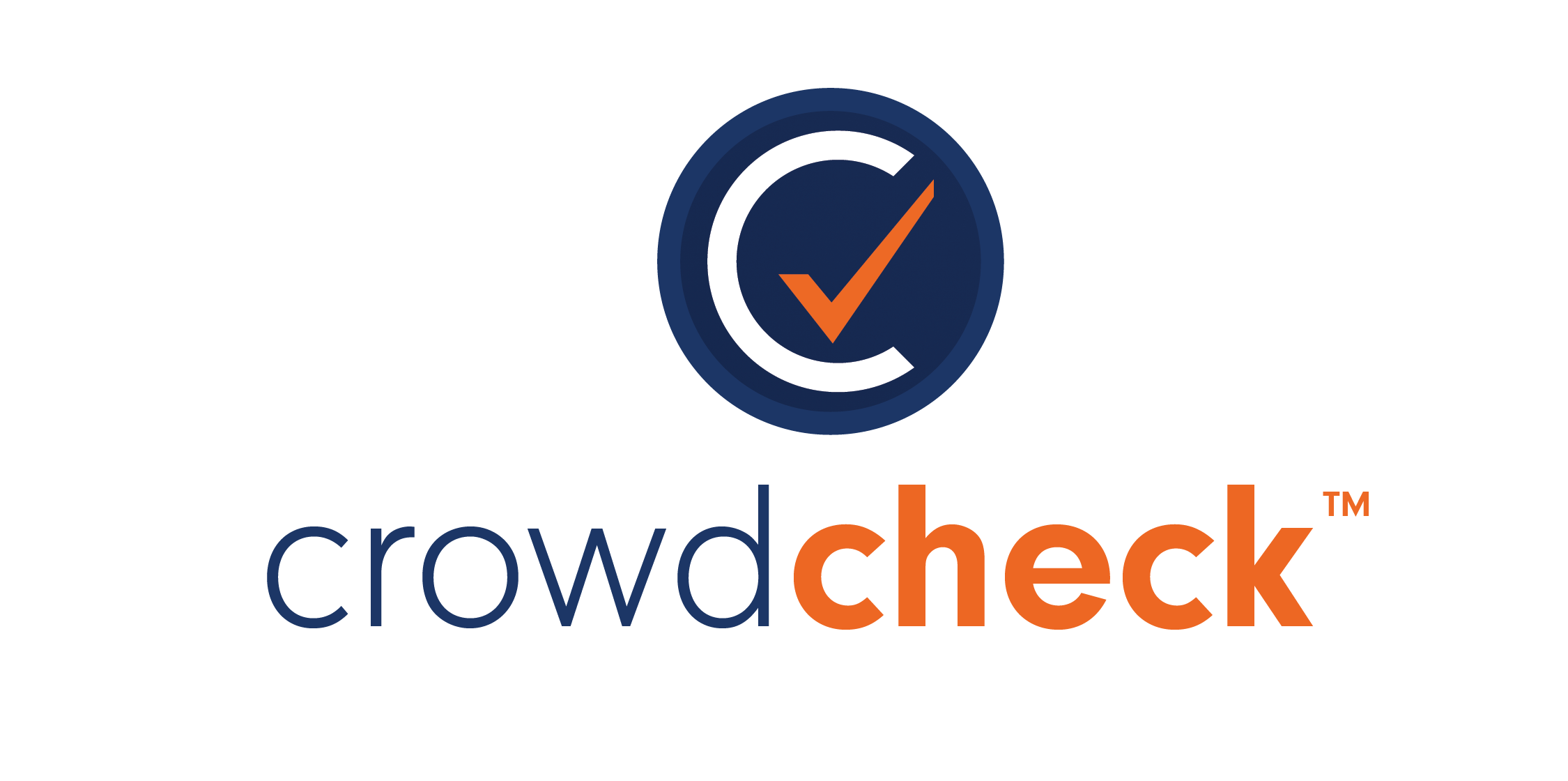As an entrepreneur you are probably concerned about saving money. Every dollar saved extends your runway just a little bit longer, lets you fight another day, and lessens the need for outside funding. Fortunately, in many ways things are better than ever before for small businesses — computing power is cheap, off-the-shelf or web-enabled software provides functionality at a fraction of the cost of older solutions, and viral marketing provides the chance for a very high return on very limited investment.
Even the legal services market is being disrupted with new legal and quasi-legal (in the sense it isn’t required that someone be a lawyer to perform these services, not that the legality of the service is in question) providers entering the space to provide companies with discounted services (like CrowdCheck, hint hint). One place where this comes up a lot is documents. There are numerous services that provide pre-written documents (otherwise known as boilerplate) for things like corporate bylaws and offering documents that companies can use instead of having to get a lawyer to go draft them. Used properly, this can result in a lot of savings, but — and there is always a but — if these documents are used improperly the company can find itself in a ton of expensive trouble.
See, unlike your twitter client or CMS software, the documents you use bind your company legally — you will be held responsible for their contents because you are the one that elected to use them. If your bylaws contain a provision that makes the type of offering you want to do impossible, or if your offering documents give investors rights you don’t want them to have, you have to deal with those consequences because, from a legal point of view you are the drafter. It may never come up, but if something goes wrong and a disgruntled investor finds a defect in your paperwork, you could find yourself in trouble you had no idea was coming.
For example, we at CrowdCheck have come across a few companies out there raising money from accredited investors online that clearly don’t realize what they are committing themselves to. An LLC trying to sell common stock? Seen it. An LLC selling “preferred interests” when the operating agreement provides that any person who is an interest holder is a full Member of the LLC whose actions can bind the company. Seen it. A brand-new startup planning on multiple rounds of seed offerings providing registration rights within 180 days. Seen it. These will all be painful and expensive for the company to fix, if at all possible.
This isn’t to say using these documents is a bad idea. It can be a great idea, if you are smart about it. The important thing is to know what the documents mean before you adopt them. Read through them, which will probably be boring, if you don’t understand what they say ask an attorney, if you don’t like what the documents are saying you can edit them, or have the attorney edit them, probably at a fraction of the cost of having brand new documents drafted. Just make certain you know what you are being bound to (especially if the document impacts outside parties like investors) and that you are ok with it, because unlike software, fixing a problem after the documents are effective usually isn’t as simple as just unilaterally issuing a patch.

